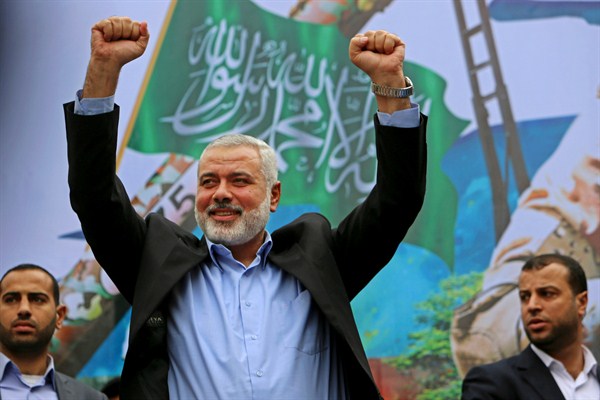The Gaza Strip will become “uninhabitable” by 2020, according to U.N. reports published in September 2015. This grim and alarming reality facing the nearly 2 million Palestinians living in Gaza is the result of both external and internal factors. Externally, successive Israeli wars in 2008-2009, 2012 and 2014 effectively destroyed the basic foundations of day-to-day life in Gaza. These wars were preceded and followed by land, sea and air blockades imposed by Israel, and later by Egypt. The blockades have led to one of the harshest regimes of collective punishment in modern times, limiting the flow of basic goods into Gaza, thwarting humanitarian efforts, crippling the movement of people in and out, and impacting sectors from health care to education.
Internally, Hamas, the Islamist party that controls Gaza, continues to exercise unwavering authority, suppressing all other political actors and imposing a politico-religious rule. Since its founding in 1987, the party has portrayed itself to Palestinians and the broader region’s Arab public as the leading resistance organization against Israel and tried to set itself apart from what it characterized as failing secular Palestinian groups. In so doing, it successfully amassed considerable political capital. In 2006, Hamas won free and fair elections for the Palestinian Legislative Council, a parliament in charge of overseeing the Palestinian government as per the 1993 Oslo Accords, although with little actual power.
Hamas’ victory and subsequent short spell in power were accompanied by rising tensions between the organization and its defeated rival, Fatah, which had controlled the Palestinian Authority (PA) since 1993. Tensions between the two groups came to a head in 2007, when armed clashes erupted in Gaza, prompting Hamas to end Fatah and the PA’s official presence there, and effectively take control of the Strip. In parallel, Fatah, which had reinstalled itself in power in the West Bank despite the election results, ended Hamas’ official presence there.

